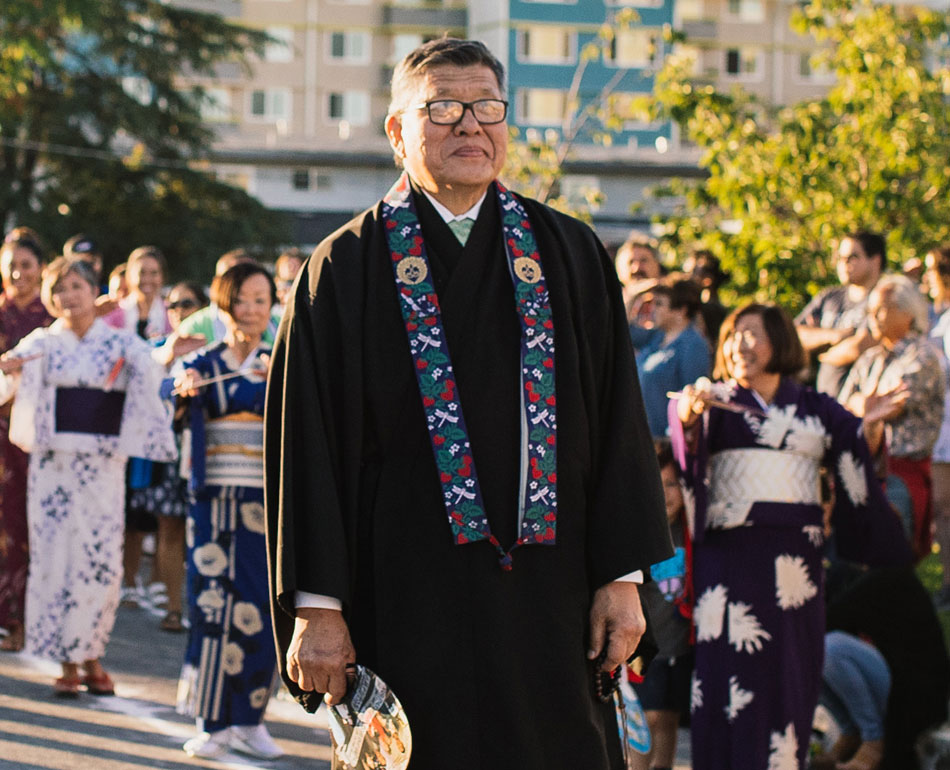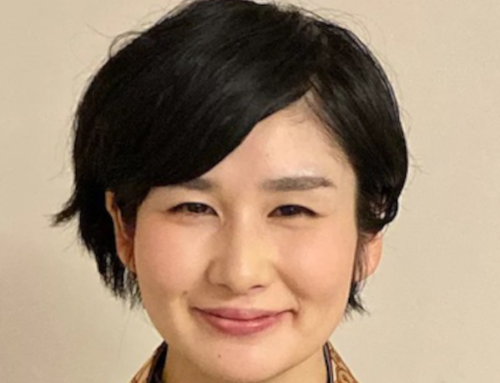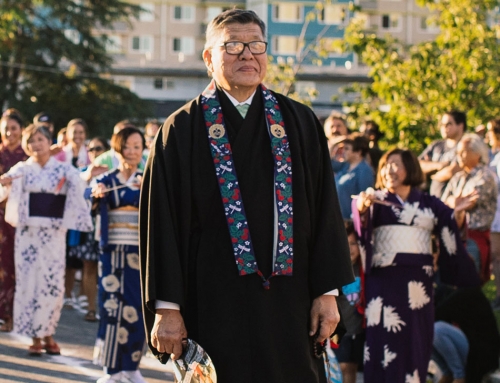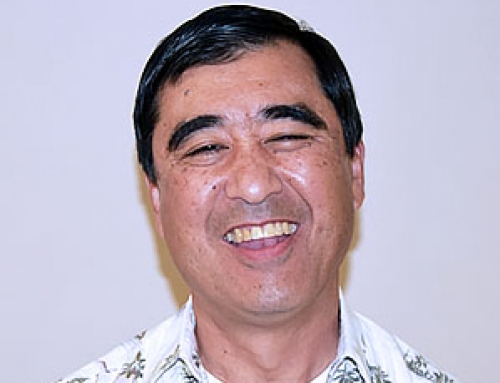Prune and Cultivate
G Sakamoto
Nine Valley Transit Authority employees were killed on May 26 in a mass shooting in San Jose, California. They are people who will be deeply missed by their family and friends. No one thought they would be killed that morning. And yet, they were. They will no longer come home to the lives of everyday experiences. Experiences we too pass through everyday. Taking care of chores, paying bills, planning that first trip since Covid, thinking of children or grandchildren who would be graduating, all the everyday things that were now shattered. Nine lives. Nine families. One community. Unfortunately, this was far from the only mass shooting in America in the month of May.
The day after, a vigil was held to bring the larger community together in solidarity and to share in the grief. It is important to demonstrate the strength of a diverse community standing together in a most challenging time. I too stand with the families in their anger and grief but I chose not to attend.
We have had too many of these gatherings of solidarity, responding to the outrages witnessed. With transgressions that become public we voice our alarm and indignation. As we discover what people have endured we voice our outrage. And yet there are many, less public, less noticed inhumanities. Acts of violence that roil and fester through collective history. Violence that does not make the news or remain in the news cycle for very long.
Our society has made progress through protest. Protests have stopped wars, enshrined constitutional rights, brought light to dark corners of institutional injustices. Progress is relative. Progress for some is violation of rights of others. Some will challenge Roe v Wade. Others will find ways around Brown v Board of Education and the Civil Rights Act of 1964. As sure as we are of our incontrovertible truths there are others who stand in our exact opposite. Others who will defend that truth until they prevail or nothing remains. We cannot continue in this way.
We can only change the cycle if we change ourselves. How we change is of course important.
The Metta Sutta describes an event in Shakyamuni Buddha’s time. There were monks who had settle in a forest that was inhabited by spirits. After a while the spirits grew annoyed with the presence of the monks. They began to scare the monks so they would leave the forest. The monks were frightened and sought the advice of the Buddha. The Buddha taught the monks the Metta Sutta and instructed them to keep this in mind and to return to the forest. The monks followed the instructions of the Buddha. When the monks returned, the spirits recognized the change in the monks and welcomed them into the forest.
The phrase, “May all beings be happy”, from the Metta Sutta is an internal reflection on my relationship to the world around me. The expectation of the monks was for the world to change. What they seemed to be asking the Buddha was for instructions on how to change their circumstances, to be free of the forest spirits that were disrupting their practice. Instead, the instructions of the Buddha changed the monks.
Conflict resolution is difficult. A Buddhist resolution of conflict can be even more difficult. I need to recognize my interest in a dispute and at the same time validate the views of the other. This is empathy. To be un-empathetic, to be attached to my views to the exclusion of others is the cause of conflict. This is tanha the second of the Four Noble Truths. In order to resolve the difficulties we cause and experience the Buddha’s instructions, we must cultivate a mind that is free of prejudice. A mind that see things as they are. This is Right View the first of the Eightfold Path. In Jodo Shinshu Right View is nishujinshin.
Our response to the challenges we experience today are not different from spirits in a forest. We examine within ourselves and acknowledge our own limitations as we engage the world. That engagement may be different for who we are. If we are able, the basis of our engagement can be empathy that recognizes our mutual relationship with all life. Within this framework whether we choose to stand in vigil to demonstrate solidarity or help sort food in a food bank our actions can be a broad, universal expression of compassionate engagement.
The BCA Endowment Foundation has for many years discussed the effects of it’s investments. When institutions were divesting interests in companies that were benefiting from activities in South Africa’s apartheid, BCA also considered divesting. The decision not to actively direct our investments away from companies involved with South Africa was twofold. First, investing elsewhere would negatively affect our revenue and second, the impact of our actions would have little to no effect. Both of these reasons were accurate. Furthermore, the principle of withdrawing investments would affect jobs. People would be affected by our decision. In today’s understanding we were participants in the support of colonialism.
Today, the Endowment Foundation is able to invest in businesses that align more closely with our values. The Endowment is still a relatively small investment fund. Alone it will not have great impact in the world. However, it can serve as an example for other investors that demonstrates it is possible to actively invest in businesses that share common values of responsibility to environment, society and governance and a commitment to diversity, equality and inclusion. The Endowment’s investments provide another way of compassionate engagement.
As Buddhists how we choose to address the difficulties we cause and experience requires us to work at opening our own narrow view of the world. Amida Buddha’s assurance that I too will eventually be able to resolve these difficulties allows me to look more openly at my foolishness and perhaps begin to realize how I am support by life, by great compassion. Then like the monks in the forest as I am changed and the world is changed.




